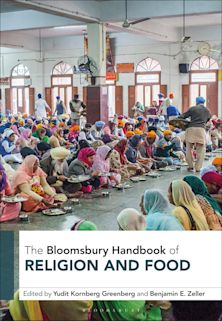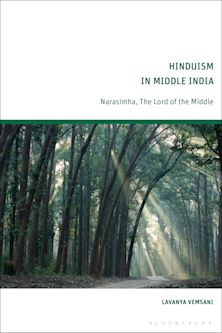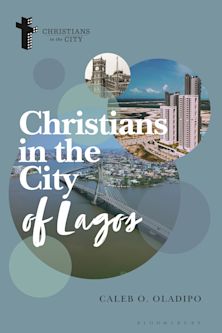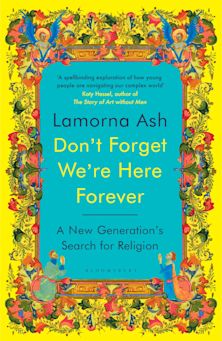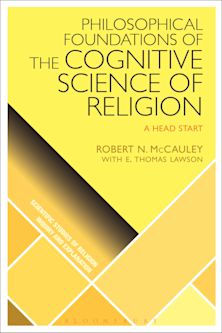- Home
- ACADEMIC
- Religious Studies
- Anthropology of Religion
- Pain, Play and Music
Pain, Play and Music
Death and Healing Rites Among the Wana
Pain, Play and Music
Death and Healing Rites Among the Wana
You must sign in to add this item to your wishlist. Please sign in or create an account
Description
The Wana people of Morowali accept the experiences of pain, illness and loss and transform them into something positive: rituals that celebrate life, friendship and the community. Through fieldwork with the Wana people of Morowali, Central Sulawesi, Giorgio Scalici shows how music serves as a connection between the human world and the hidden world of spirits and emotion.
By examining rituals such as the momago, the main Wana healing ritual, and the kayori, the funeral, this book investigates how music is used by the Wana to heal people, control emotions, reinforce the sense of community and to mark the cultural death of the community member. In this study, music transforms the pain of loss into a playful event that heals the community and assures its future.
This book will be of interest to the wider academic study of religion, anthropology and ethnomusicology as it looks as at funerals as healing rituals for the community which lead the living and the dead through critical times.
Table of Contents
List of Tables
Map
Foreword, Douglas Davies (Durham University)
Acknowledgements
Introduction
Part 1: Theories and Themes
Part 2: A Cultural Framework of the Life and Reality of the Wana people
Part 3: The momago
Part 4: The kayori
Part 5: The Expression of Cultural Values in Rituals
Bibliography
Sitography
Videography
Index
Product details

| Published | 18 Apr 2024 |
|---|---|
| Format | Ebook (PDF) |
| Edition | 1st |
| Extent | 256 |
| ISBN | 9781350236264 |
| Imprint | Bloomsbury Academic |
| Illustrations | 15 bw illus |
| Publisher | Bloomsbury Publishing |
About the contributors
Reviews
-
Giorgio Scalici's book helps us meet far away people, the Wana of Indonesia, and their values. Interdisciplinarity, critical thinking and spontaneous curiosity are some of the more valuable guidelines of the researcher. In the age of globalization, this kind of work allows us to understand the sense of human dignity in a specific and highly refined form of realization.
Alessandro Saggioro, Professor in History of Religions, Sapienza University of Rome, Italy

ONLINE RESOURCES
Bloomsbury Collections
This book is available on Bloomsbury Collections where your library has access.












